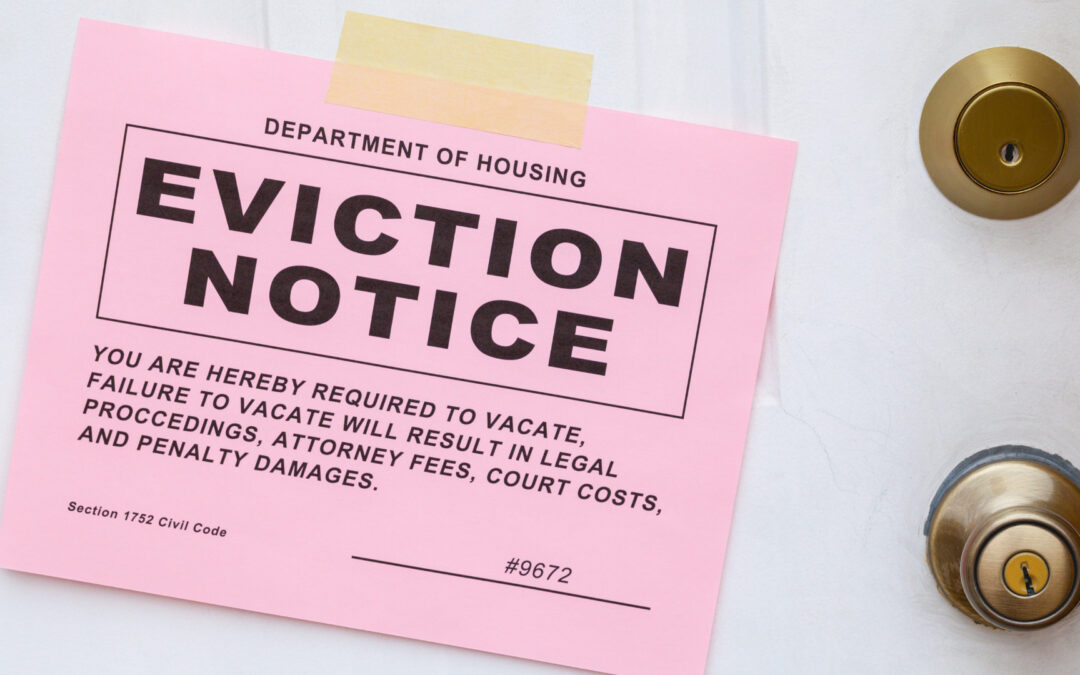Owning an empty property as an investor in Maryland comes with its unique challenges, and one of the most pressing is the risk of squatters. Squatters can not only compromise the security and condition of your property but, if left unchecked, may eventually complicate the legal process of reclaiming your asset. In this guide, we’ll walk through effective prevention strategies, steps to take if you suspect squatting, the timeline for establishing residency, and common scams to avoid.
Understanding the Squatter Threat
Who Are Squatters?
Squatters are individuals who occupy a property without the owner’s permission. Often, they target vacant homes, hoping that the owner won’t notice their unauthorized presence. While some squatters simply seek a temporary shelter, others may aim to eventually establish a claim under adverse possession laws if the property is left unmonitored for a prolonged period.
The Maryland Perspective
In Maryland, the law regarding adverse possession typically requires long-term, continuous, and notorious occupation—often up to 20 years—to potentially claim rights over a property. However, even short-term squatting can create complications, making prompt action crucial to prevent any semblance of legal residency.
Prevention Strategies: Keeping Your Property Secure
- Regular Property Inspections:
Schedule frequent visits or hire a local property management company to inspect your vacant property. Early detection is key. - Enhanced Physical Security:
Install robust locks, secure all windows and doors, and consider investing in alarm systems or security cameras. Visible security measures serve as a strong deterrent. - Clear Signage:
Post “No Trespassing” or “Private Property” signs around the property. Even if a squatter ignores these, they can serve as useful documentation in legal proceedings. - Maintain the Property:
Keep the property in good repair by regularly cleaning up and landscaping the yard. A well-maintained home signals that someone is watching over it, reducing the likelihood of unwanted occupants. - Inform Neighbors:
Communicate with your neighbors about your property’s status. Let them know you’re actively monitoring it, as they likely don’t want a freeloader in the neighborhood either—especially since squatters often neglect property maintenance. Neighbors can act as extra eyes and ears, helping to report any suspicious activity.
Action Steps: What to Do If You Discover a Squatter
- Document the Situation:
Take photographs and note any signs of habitation. Detailed records of the squatter’s presence can be vital if legal action becomes necessary. - Contact Law Enforcement Immediately:
As soon as you suspect unauthorized occupancy, call your local police. Prompt notification is crucial since law enforcement can intervene before the squatter strengthens their foothold. - Avoid Direct Confrontation:
While it might be tempting to confront the squatter, doing so can lead to dangerous situations. It’s best to let trained professionals handle the situation. - Consult a Real Estate Attorney:
Given the intricacies of Maryland property law, seek legal advice to navigate the eviction process properly. An experienced attorney can help ensure you follow the correct legal protocols and protect your rights as a property owner.
Immediate Response: Handling a Squatter Breaking or Moving In the Same Day
Sometimes, you may catch a squatter in the act of breaking in or moving into your property on the very same day. In these urgent cases, swift and decisive action is critical:
- Call 911 Immediately:
If you witness any unauthorized entry, dial 911 without delay. Immediate law enforcement intervention is crucial to stop the squatter from securing a more permanent presence. - Secure the Premises:
If it is safe to do so, ensure that all access points (doors, windows, etc.) remain secured. Avoid any direct interaction with the intruder, as this could escalate the situation. - Document the Incident:
Record clear photos or videos from a safe distance. This evidence will be invaluable for police reports and any subsequent legal proceedings. - Notify Neighbors or On-Site Personnel:
Inform any nearby contacts, property managers, or trusted neighbors so they can help monitor the property until authorities arrive. - Follow Up with Your Attorney:
After the immediate crisis is handled, consult with your real estate attorney to discuss further legal steps and additional security measures to prevent future incidents.
The Critical Timeline: When Does a Squatter Establish Residency?
While Maryland law generally requires long-term occupation (up to 20 years in many cases) for a squatter to claim adverse possession, there’s no “grace period” during which a squatter is automatically considered a legal resident. Instead, the risk lies in allowing any unauthorized occupancy to go unchallenged:
- Immediate Action is Key:
- The moment you detect a squatter, contact law enforcement and initiate the removal process. Delays can complicate your legal standing and potentially give the squatter a foothold.
- Avoiding Complications:
- Even if a squatter has not been there long enough to claim adverse possession, a prolonged absence of action can muddy legal waters. Quick, decisive measures help ensure you maintain clear control over your property.
Squatter Scams and Pitfalls to Avoid
- Fraudulent Eviction Services:
- Beware of companies or individuals who offer “guaranteed” or “instant” squatter removal for a fee. Always verify credentials and check reviews before engaging any service.
- Fake Tenant Brokers:
- Some scammers may pose as legitimate tenant placement services, only to take advantage of property owners by promising to help remove squatters while charging exorbitant fees. Always work with trusted, well-reviewed professionals.
- DIY Legal Pitfalls:
- Attempting to evict squatters without proper legal guidance can lead to unintended legal complications. Rely on professionals who specialize in Maryland property law to navigate the process effectively.
Protecting your vacant property from squatters is not just about preventing unauthorized entry—it’s about preserving the long-term value and security of your investment. By implementing proactive security measures, acting swiftly at the first sign of trouble, and steering clear of common scams, you can significantly reduce the risk of squatting and ensure a smoother process if you ever need to remove unwanted occupants.
Disclaimer: This blog is intended for informational purposes only and should not be construed as legal advice. Always consult with a qualified real estate attorney regarding issues related to property law and squatter removal in Maryland.
By staying vigilant and informed, you can protect your Maryland investments and maintain the integrity of your properties in any situation.

